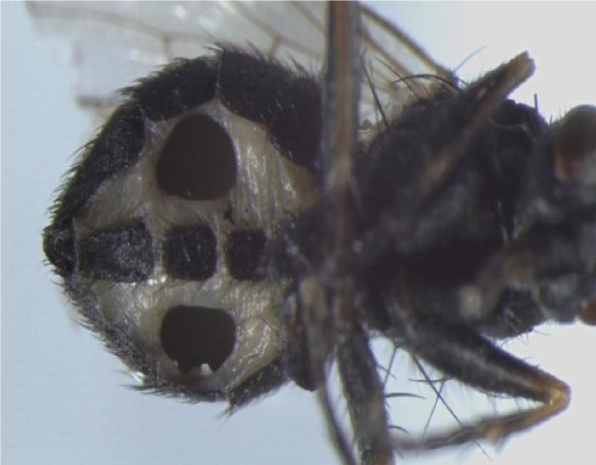
Zombie flies: Scientists discover flies that turn into ‘zombies’ when infected by new fungi
Team Udayavani, Dec 17, 2020, 5:03 PM IST

Scientists in Denmark have discovered two new fungi species that ‘zombify’ flies and eject spores out of a large hole in the insect’s abdomen “like small rockets”.
The fungi bore holes in the host but keep it alive with an amphetamine-like substance. The flies then buzz around for days, sprinkling more spores on other victims.After a few days, the fly lies on its back, spasms for a few hours and then dies.
According to The Guardian, The unusual tactic of keeping the host alive while releasing spores is called active host transmission (AHT). It is an effective way of getting access to other healthy individuals.
Scientists think the fungi could be producing substances that “dope” their hosts (sometimes colloquially referred to as “zombies”), meaning they can stay fresh enough to live for days after infection – only collapsing once there is nothing left in their abdomens but the fungus.
The research was conducted by the University of Copenhagen and the Natural History Museum of Denmark published in the Journal of Invertebrate Pathology.
Udayavani is now on Telegram. Click here to join our channel and stay updated with the latest news.
Top News

Related Articles More

Snatcher lands in police net in Delhi, AI tech helps reveal identity

AI Meets Health: The Rise of Smart Fitness Solutions

Power Up by Powering Down: 10 Energy-Saving Tips for Every Home

Multi-lingual AI chatbot to assist visitors during Maha Kumbh Mela 2025

ISRO carries out ‘well deck’ recovery trial of Gaganyaan
MUST WATCH
Latest Additions

12 newborns face breathing difficulty as thieves steal oxygen pipe at MP hospital

Gold falls Rs 200 to Rs 79,100 per 10 gm; silver rises Rs 500

Sensex, Nifty extend losses into 3rd session on foreign fund outflows; all eyes on US Fed’s decision

Thirthahalli: College student ends life by jumping into river

Rewind 2024: Revisit these memorable Indian movies and series of the year
Thanks for visiting Udayavani
You seem to have an Ad Blocker on.
To continue reading, please turn it off or whitelist Udayavani.





















